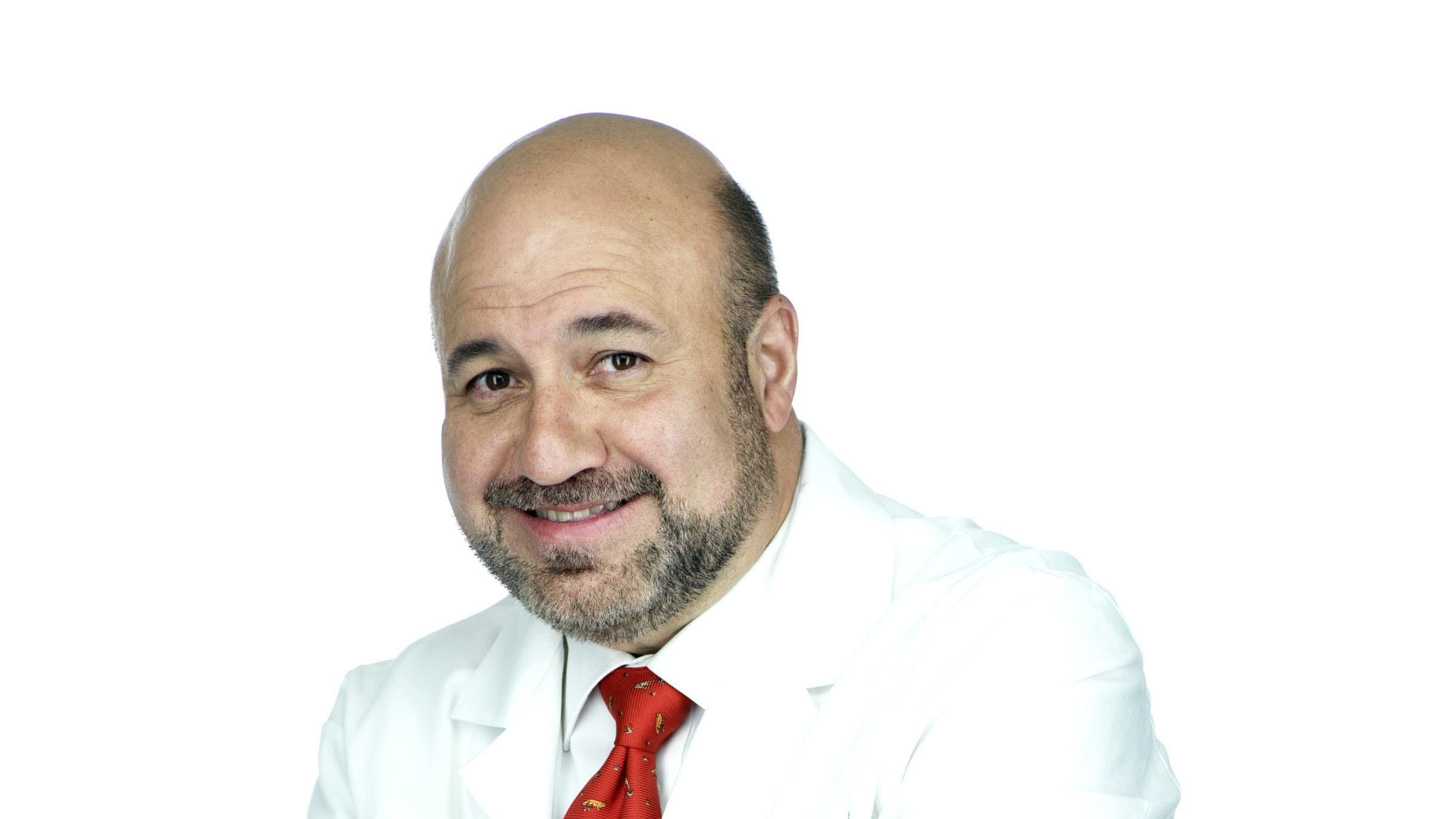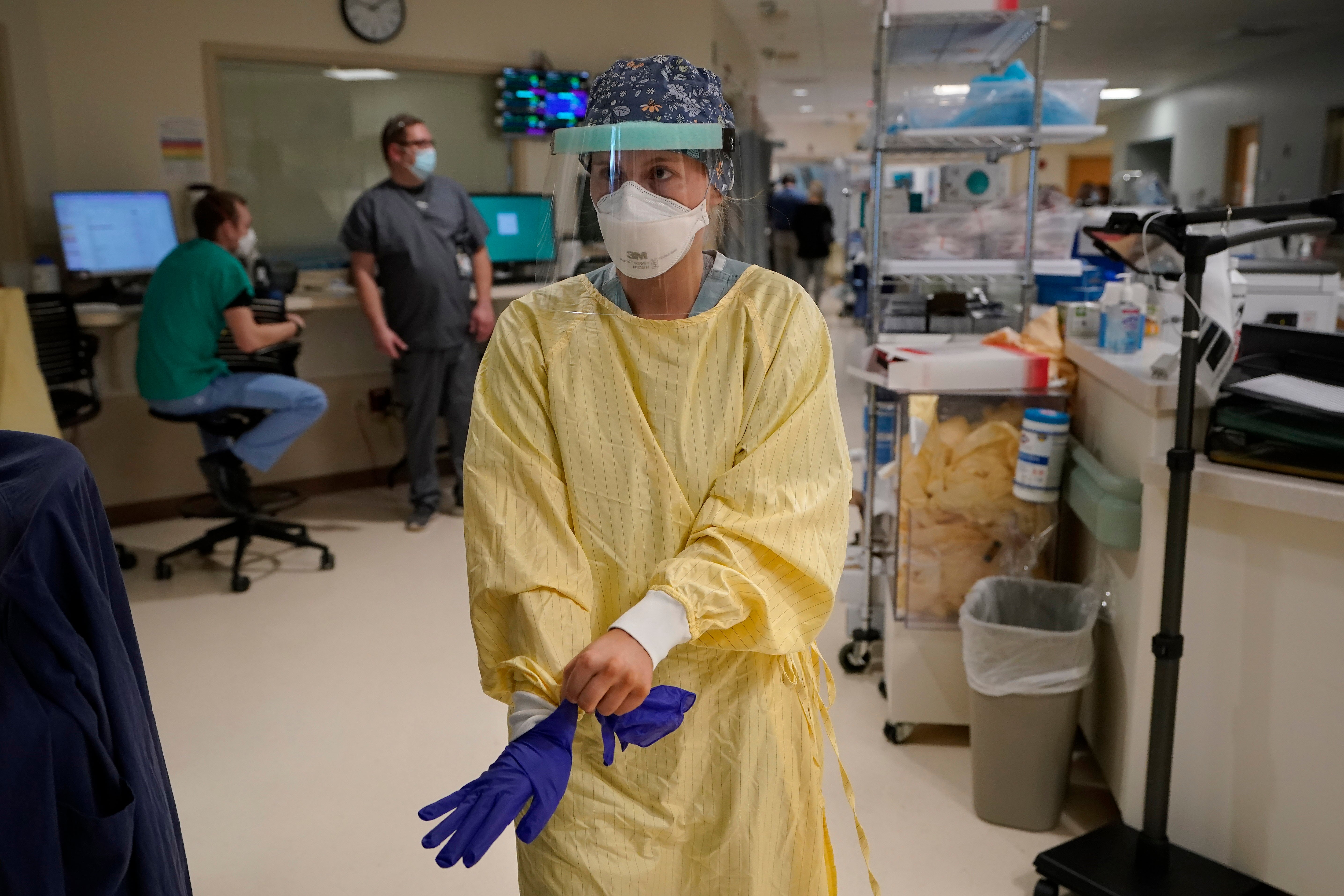A controversial campaign to promote safer sex is raising eyebrows by offering free condoms to children as young as 11 years old.
The campaign, launched by the Philadelphia Department of Public Health, is called Take Control, and offers information about a variety of sexual health topics including sexually transmitted disease prevention and pregnancy. The free condoms, which can be mail ordered, feature detailed information and graphic illustrations that instruct users on how to properly use them.
“Playing it safe just got easier,” the Take Control campaign said on its website. “If you live in Philadelphia and are between the ages of 11 and 19 you can now have condoms mailed directly to you for FREE. Maybe it’s difficult for you to stop by one of our sites to pick up condoms. Or maybe you’re just shy or feeling weird about picking up condoms.”
Public health officials say the information, and the free condoms, are necessary for Philadelphia’s younger population, which has recently been identified by the Centers for Disease Control and Prevention as having the earliest age of sexual initiation in the United States.
Now, I’m all for education as a form of prevention. But, to tell you the truth, I don’t think this program is going about it the right way.
Over the past several years, teen pregnancy rates across the country have been on the decline because of long-term efforts to educate children about sex. It is irresponsible to give an 11-year-old child a condom and assume that this is sex education.
If anything, this program has the potential to increase rates of teen pregnancy and sexually transmitted diseases.
If you look at another common teenage problem in the United States, like obesity, and Michelle Obama’s efforts to educate kids and get them moving, you don’t see the White House driving around handing out jump ropes and telling kids, “Hey, why don’t you jump rope to lose weight.”
Instead, the government is educating the population about food, telling them what the meaning of a calorie is, or the fat content of a hamburger. And, of course, all this emphasis is on making responsible lifestyle decisions and changing the way we look at our health.
Well, sex is no different. This habit of early intercourse in the tween population can only be altered by explaining to them what the significant consequences are of partaking in that kind of behavior, and by emphasizing how important it is to reach the appropriate, psychologically mature point in their lives to have responsible sex.
You don’t do that by handing out free condoms to 11-year-olds. There is a reason they can’t buy them in the store yet. And if they are too embarrassed to go to one of the program-sponsored sites offering free condoms, I think it’s safe to say, they shouldn’t be having sex.



Leave a Reply